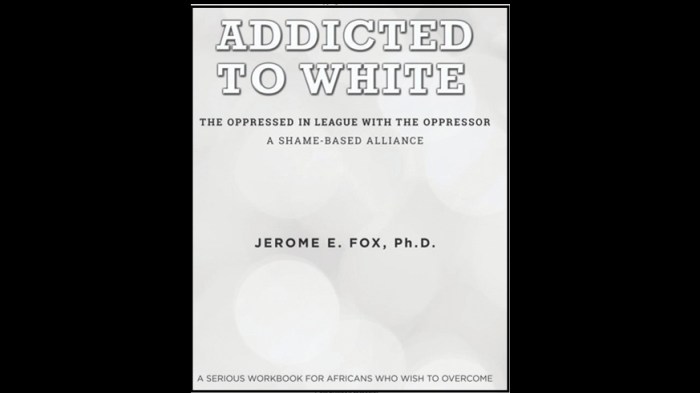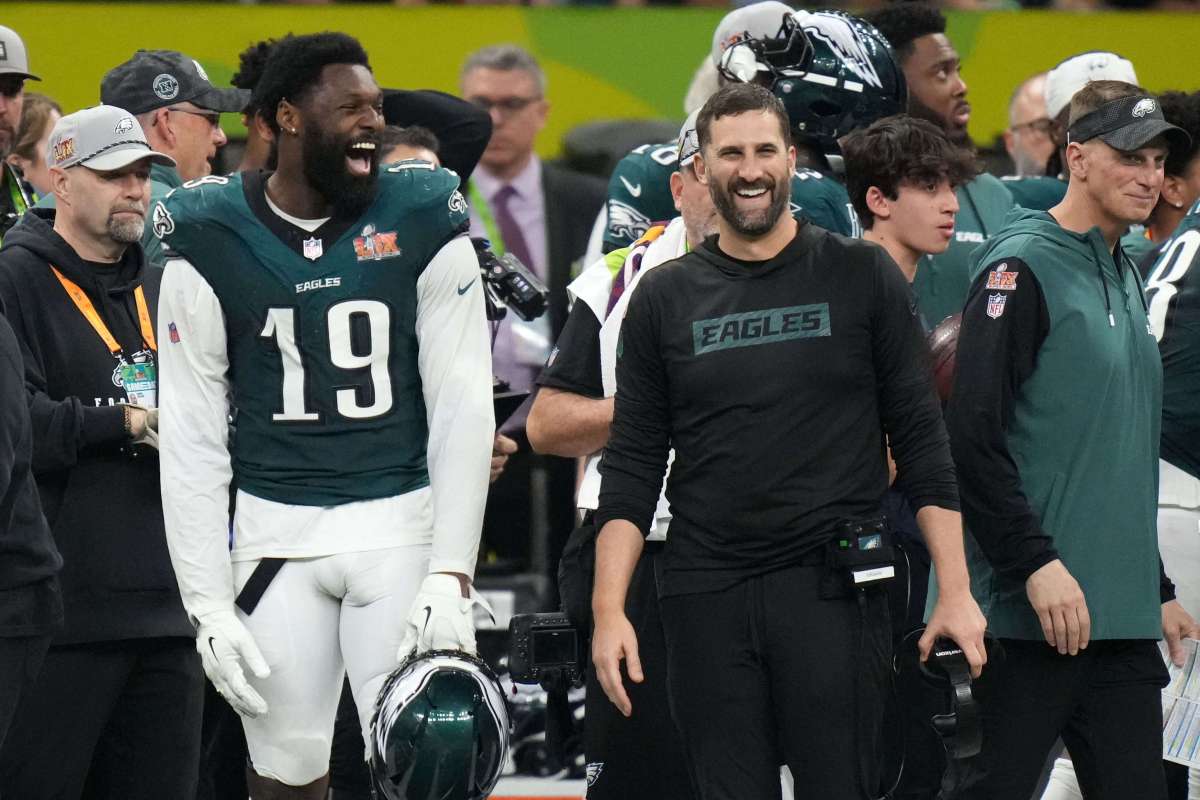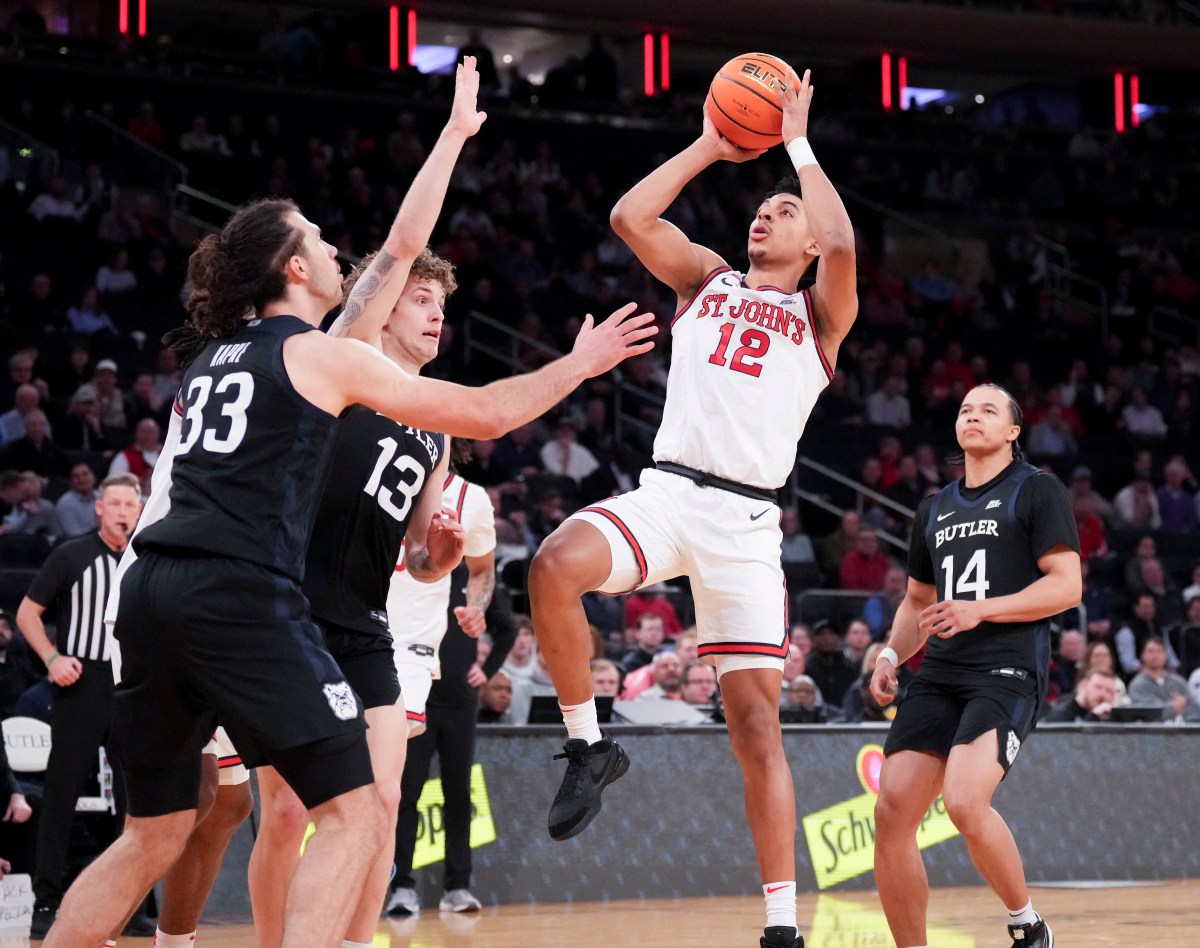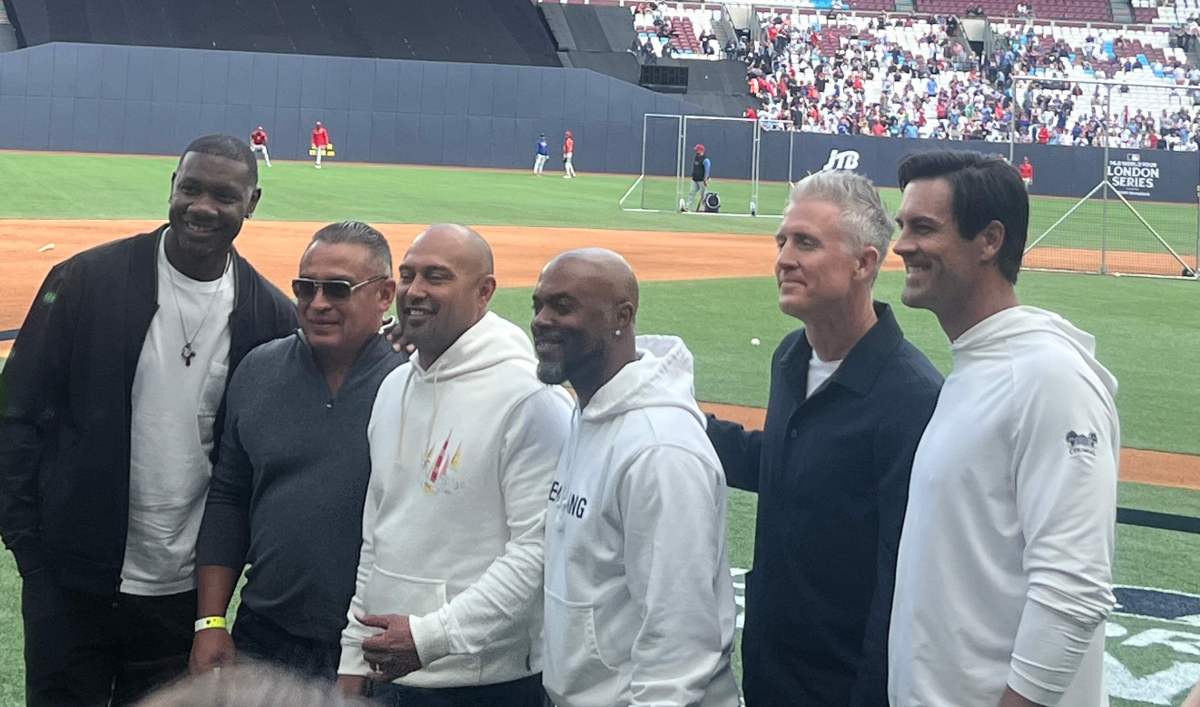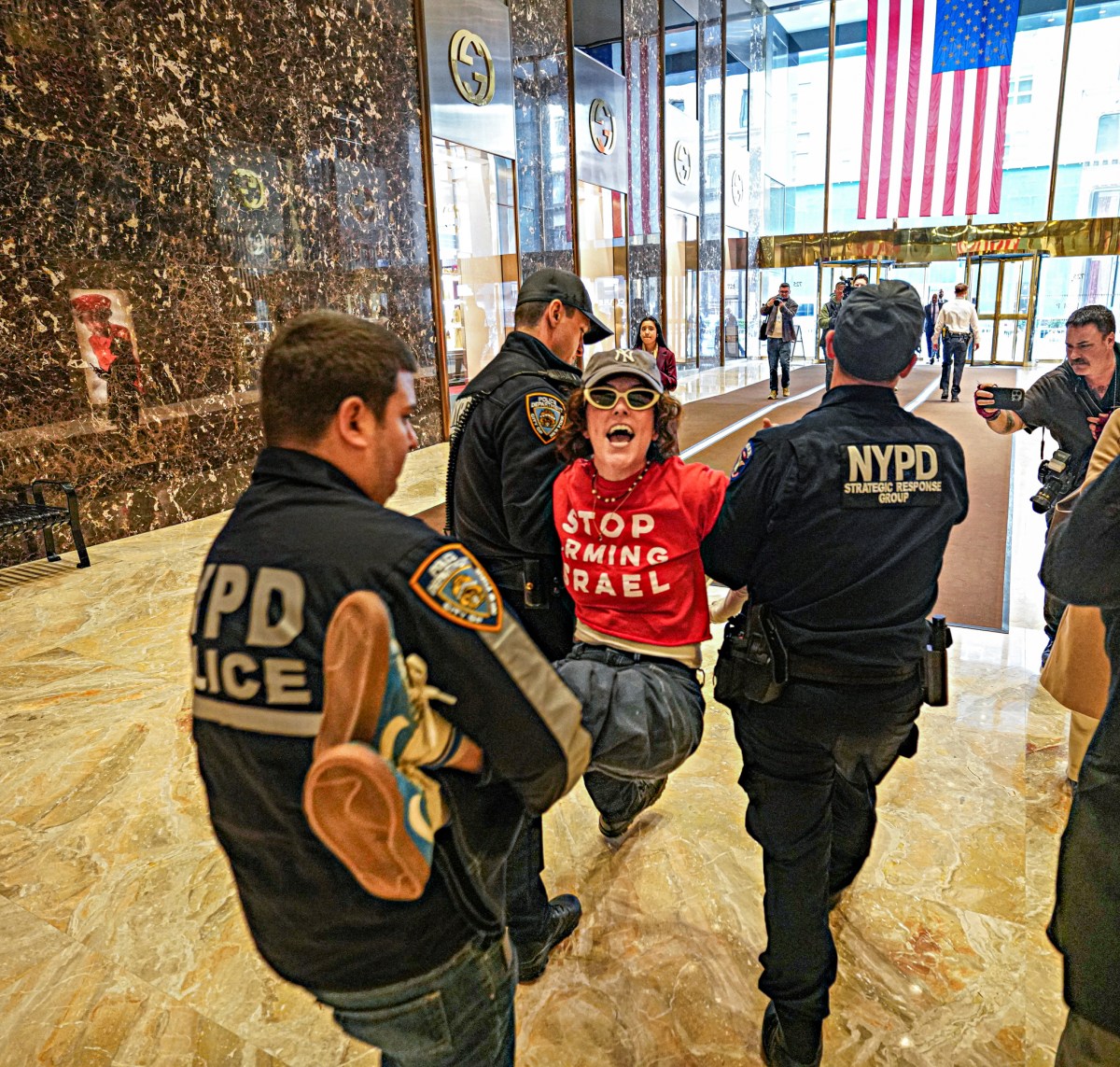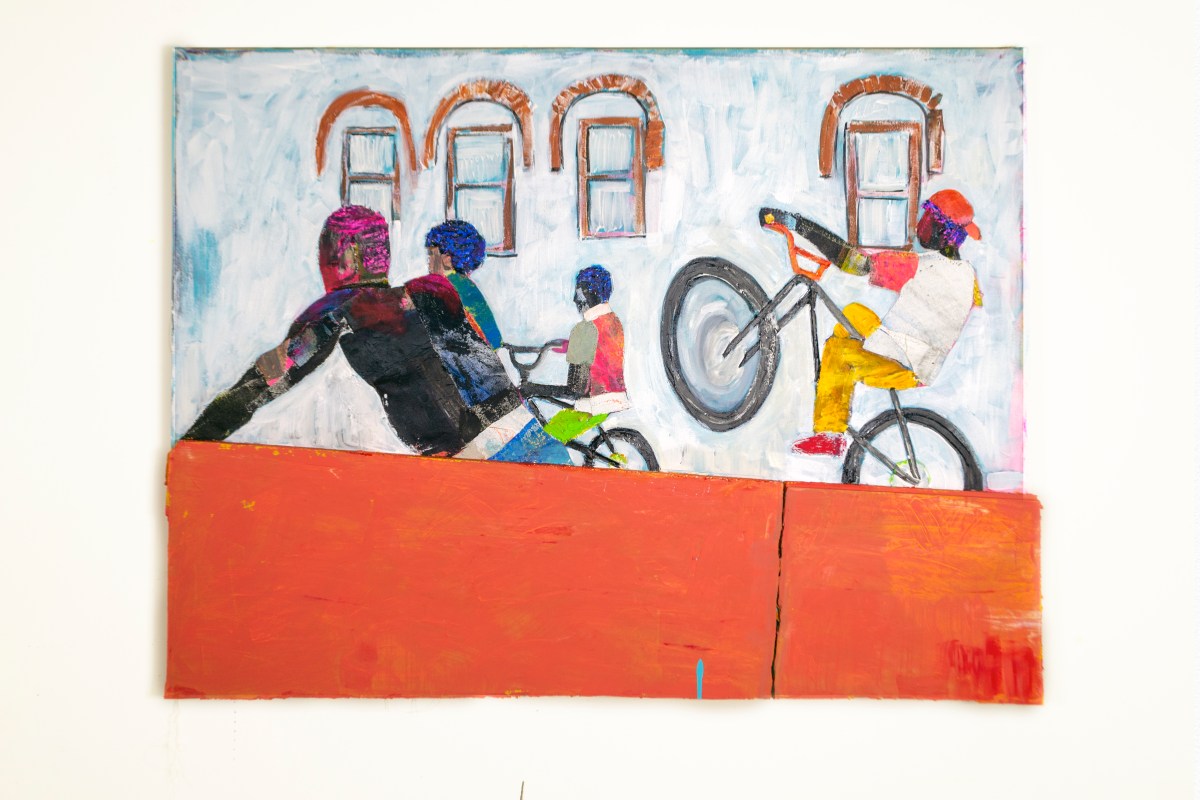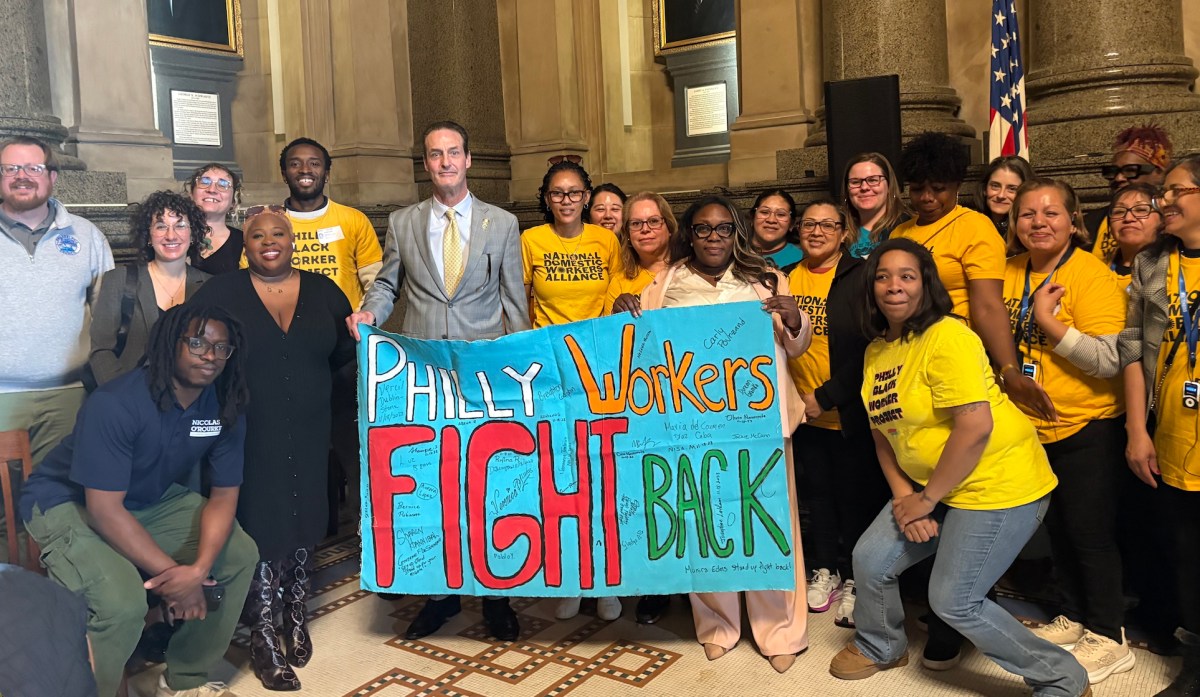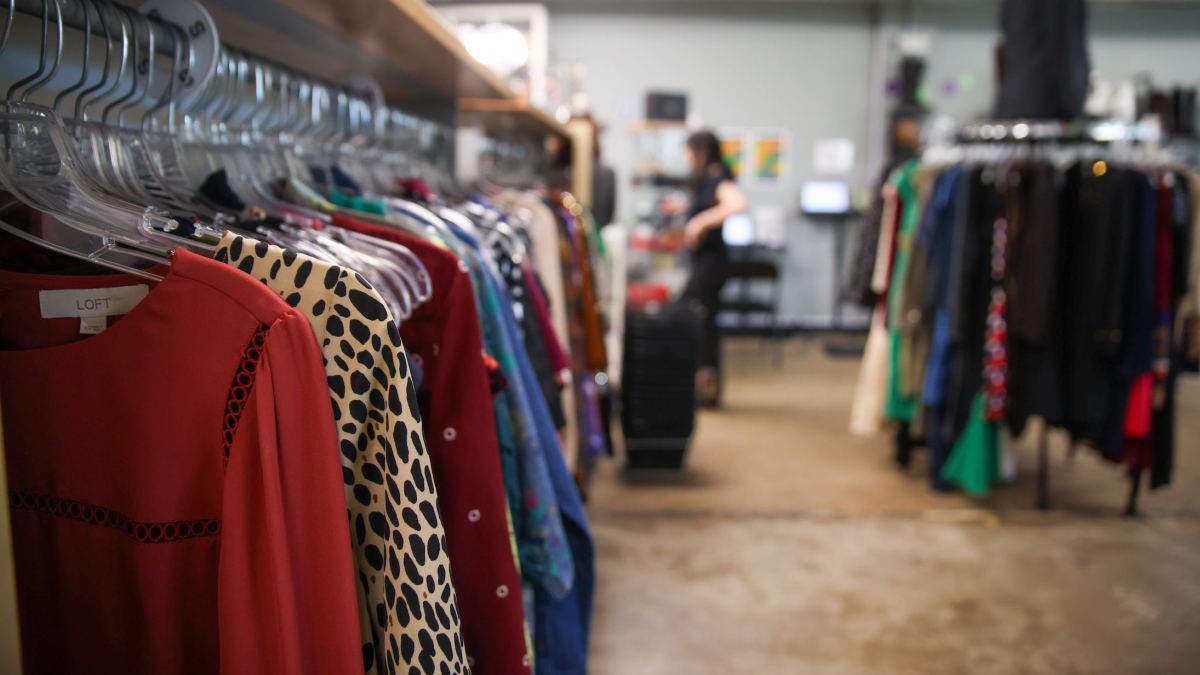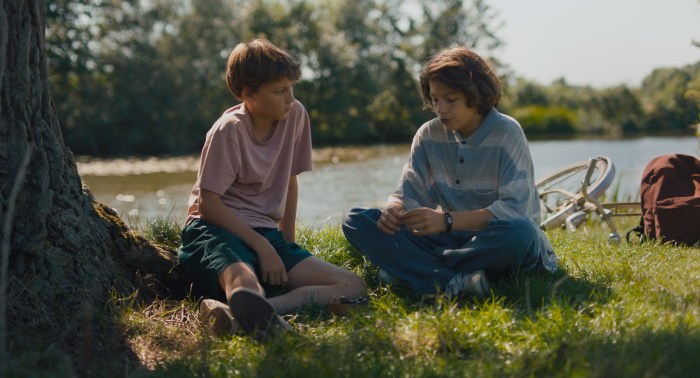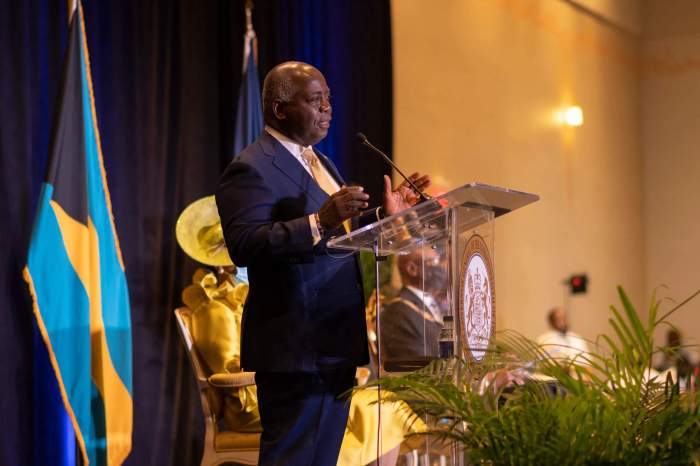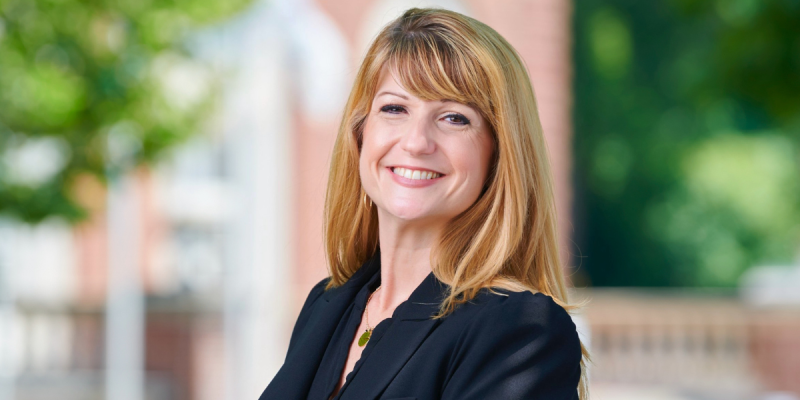Halloween is all about haunted houses and scary movies — at least, for those who enjoy the thrill of being frightened.
Steven Schlozman is one of those people, a self-professed horror fanatic and horror novel author. He’s also a psychiatrist at the Clay Center for Young Healthy Minds and an assistant professor of psychiatry at Harvard Medical School.
Schlozman said that he personally loves horror because he likes the feeling of being scared, but it’s important to remember that not everybody does.
“As a child psychiatrist, I remind people that just because you like being scared, doesn’t mean your kid will like it or be ready for it,” he said. “I’ve got two kids, and one likes it and one doesn’t.”
But for those who do like it, there are some psychological reasons why.
First, it’s important to note that those who enjoy scary movies are actually affected by them. It’s not that they’re unbothered.
“People who like horror films actually get afraid, or at least have flight-or-fight response,” he said. “The people not affected actually don’t enjoy them.”
When watching a scary movie, your brain tries to figure out what it is that’s frightening and why, and that’s an interesting enough psychological exercise to keep you glued to the screen.
“Most of what scares us are things that look familiar but aren’t familiar. It’s the notion of pattern recognition,” Schlozman said. “Take the pale man in Pan’s Labyrinth, where he has eyes in his hands and holds them up to his head — it’s a terrifying scene, and part of what makes it so is because there’s a human-like shape there.”
“You recognize the pattern of ‘human,’ but it doesn’t match everything else you see,” he continued. “Our brains are tickled by that. We love that because, from a very early age, we figure out how to recognize patterns.”
People who never go through the brain exercise of asking why something scares them tend to not be that interested in getting scared, Schlozman said.
There are limits to that, though. Since Schlozman is a dad, scary movies that involve kids (a common horror trope, he added), are harder for him. They’re not as fun, he said, but he can at least understand the complex feelings around why that is.
Horror movies and haunted houses are also simulated situations. You’re not really being chased, but you get to think about what you would do if you had to run. Though we’re hardwired to avoid those situations, Schlozman said, we also are hardwired to run through scenarios in our own head of where might lose control, so we can figure out how to respond.
And then there’s the community around horror. It’s a genre that has spawned conventions, festivals and meetup groups. It fosters connections: Bring up the first scary movie you saw, and most people their own story to share. Watch a scary movie, and you end up talking with friends about why a character went down those stairs and what you would have done instead.
“If you go to a horror convention or film, people who don’t even know each other talk about films in a way that doesn’t happen in other genres,” Schlozman said. “I think what’s fun about horror or fear is it’s a universal experience. We can all relate to it, and at end of the day, it’s usually not fear that drives story, it’s the way that people respond to the fear.”




